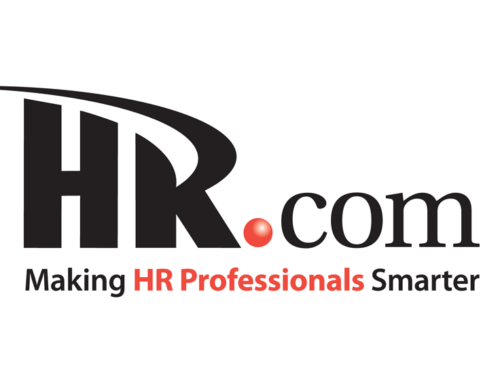For the past decade, a major concern for HR departments has been finding ways to stay up to date with changes to federal, state, and even international employment regulations. The speed with which these changes are taking the place and the variance in regulations depending on state and industry has created a complex legal environment. As a result, it has become imperative that HR departments stay abreast with changes to both employee and employer’s rights and responsibilities. This is important as it ensures that companies avoid large penalties which can be incurred for non-compliance. Current decisions made by the National Labor Relations Board include revisions to posting requirements regarding employees’ rights to form a union, rules which vary by industry and employer type. Additional changes have been seen in rules surrounding an employee’s use of social media platforms which govern the type of work related comments employees can make on social media sites. Other areas in which regulations have been updated include financial regulations, immigration laws, payroll, benefits, recruitment, termination and health and safety within the workplace. Policies surrounding the use of contingent workers is another important trend and one which HR managers should carefully evaluate, particularly with an increasing number of companies choosing to hire temporary staff as part of reducing overhead. As it is the responsibility of HR Departments to ensure that their organization complies with new workplace policies, being familiar with regulations at both the state and federal level is important. Changes to these regulations can play a major role in driving decision making involved in hiring and management of staff.
As failure to comply with employment laws can lead to costly litigation, lawsuits, affect a businesses’ ability to attract workers in the future, therefore reducing their competitive position in the market, it is imperative that HR departments develop clear strategies and stay up to date with changes. Fortunately, there are a variety of compliance and audit professionals who can provide invaluable support by providing expertise to companies in areas such as COBRA, HIPAA and other specialty areas. Many of these companies provide a review of current policies, identify areas of noncompliance, and work with HR managers to identify workable solutions. For companies who require a complete outsourcing service, these experts provide ongoing support, including the implementation of revised policies and procedures.
